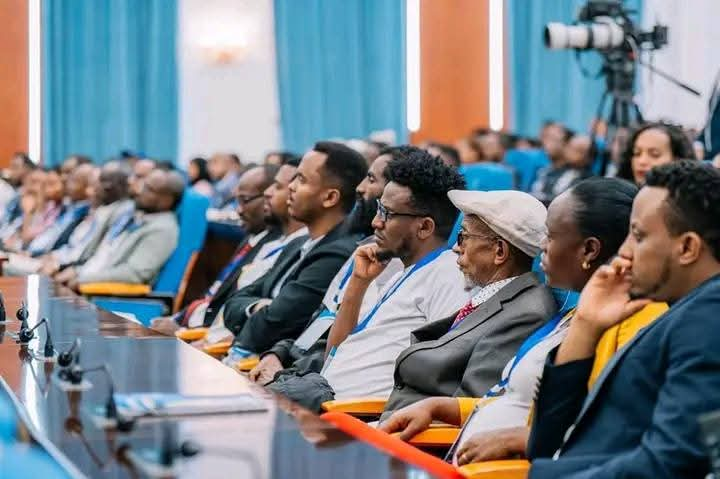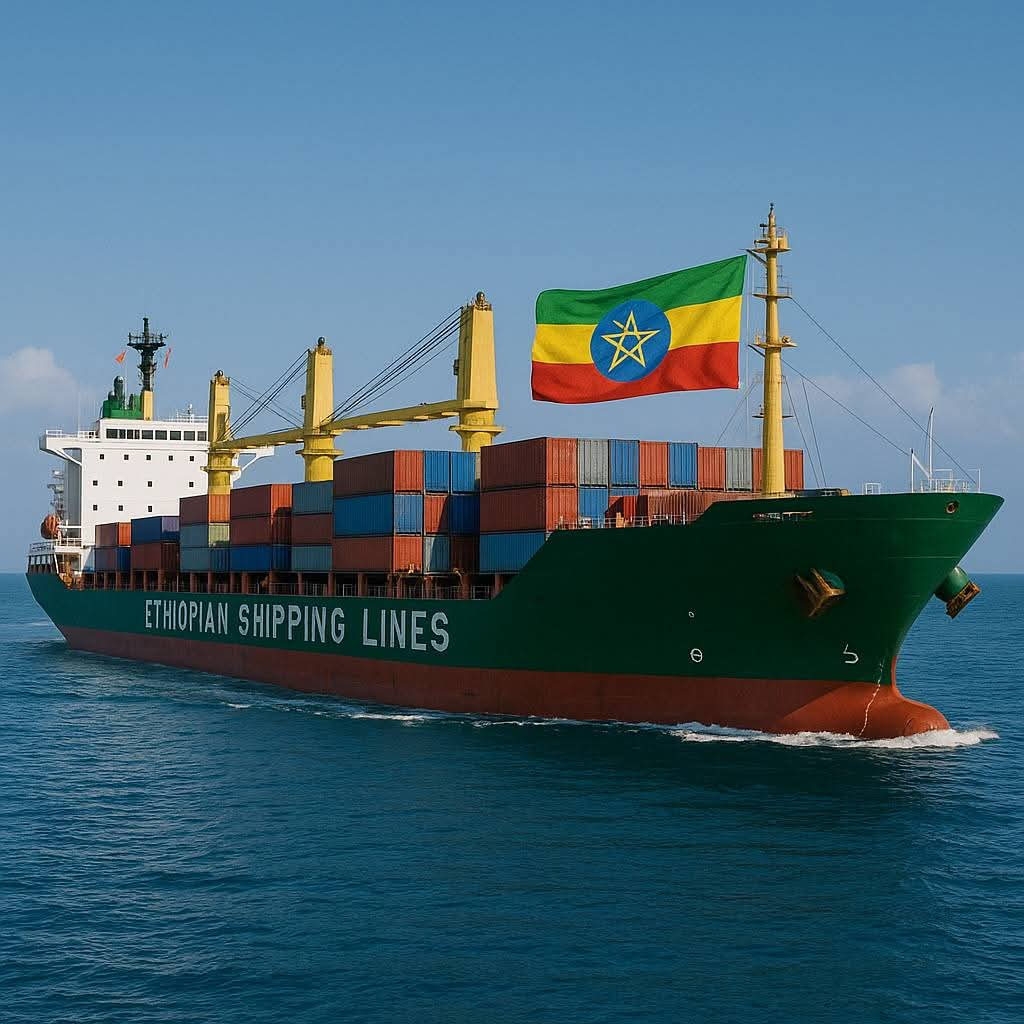Mekelle፡Telaviv, Nairobi, Pretoria, London, (Tigray Herald).
By Tesema Nadow
The Red Sea Is Not a Dream, It’s Ethiopia’s Strategic Necessity
As the geopolitical currents of the Horn of Africa grow more turbulent, one fact remains unchanged: Ethiopia a nation of over 130 million people cannot and must not remain landlocked forever.

This is not a question of pride or nostalgia. It is a matter of economic survival, national dignity, and strategic inevitability a fact now acknowledged even at the highest levels of power in Addis Ababa.
In a recent meeting with opposition party leaders, Prime Minister Abiy Ahmed made the stakes unmistakably clear:
“Access to the Red Sea is not a luxury for Ethiopia. It is a survival issue. We cannot continue to live as a landlocked country.”
His words echo the silent frustration of millions of Ethiopians who understand that the country’s isolation from the sea is more than geographic it is a barrier to progress.

A Landlocked Giant in a Maritime Century
In the 21st century, no country of Ethiopia’s size and population should remain isolated from the world’s maritime arteries. Ethiopia stands aSehe edge of one of the world’s most strategic regions the Bab el-Mandeb, the Red Sea, and the Gulf of Aden yet it is forced to watch from behind the fence while others dictate the flow of commerce and security.
But no more. Ethiopia must reassert its historical right to the sea.
A Navy That Defends, Not Offends
This is not a call for war. It is a call for readiness.
Ethiopia will rebuild its navy, not to invade neighbors, but to defend trade routes, secure maritime commerce, and protect our Red Sea interests from piracy, illegal fishing, and foreign militarization. Sovereign states have navies. Ethiopia will have one too.
Economic Access, Not Just Military Presence
Imagine this: beach resorts on the Ethiopian coastline. Tourists strolling the shorelines of the Red Sea, discovering a nation known not only for its highlands but its blue waters. This isn’t fantasy it’s potential. Coastal access means tourism, jobs, investment, and the emergence of a new chapter in Ethiopia’s economy.

Ports are more than docking stations they are hubs of transformation. Ethiopia could build special economic zones, connect them via electrified Standard Gauge Railways, and attract the kind of long-term manufacturing investment that lifts whole generations out of poverty.
The Red Sea Is a Strategic Right, Not an Invasion Plan
Let’s be clear: this is not about aggression. Ethiopia is not seeking war. This is about sovereignty, dignity, and regional balance.
Just as Egypt claims the Nile as its lifeblood, so too must Ethiopia claim its rightful place on the Red Sea peacefully, diplomatically, and firmly. A nation of our size cannot be shut out of regional decision-making. If the Red Sea is now the chessboard of global powers from the U.S. and China to the Gulf monarchies and Israel then Ethiopia deserves a seat at the table, not a place in the audience.
A New Future, A New Map
The truth is unavoidable: Ethiopia needs access to the Red Sea by any peaceful and sustainable means necessary. This is not just a geopolitical shift. It’s a turning point for generations to come.

For Ethiopia, the Red Sea is not about the past. It is about the future. A future of security, commerce, tourism, and sovereignty. And that future must begin now.
Tesema Nadew is an independent columnist writing on Horn of Africa geopolitics, infrastructure, and strategic diplomacy.


